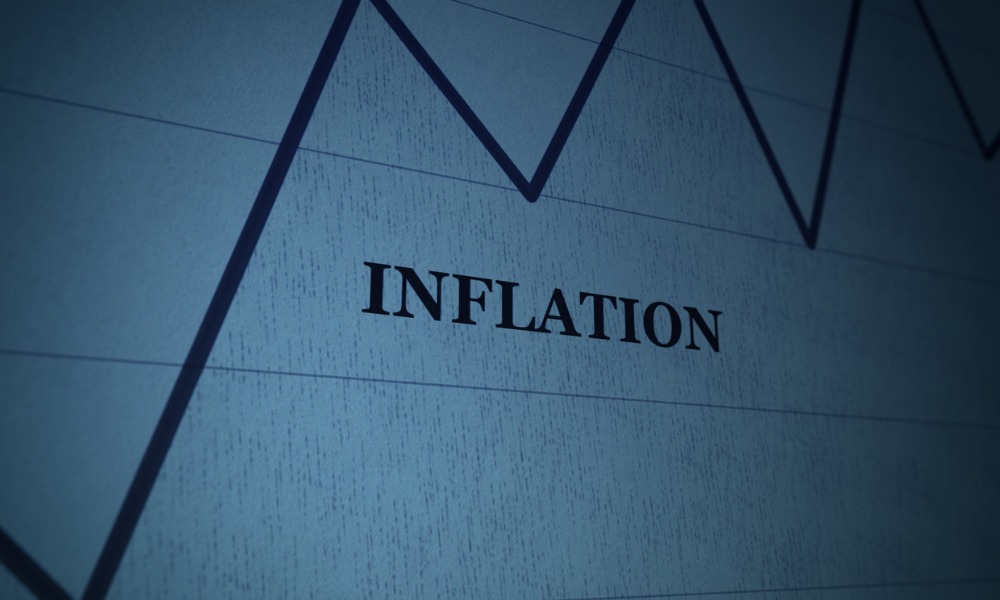US inflation slowed in June, driven by lower housing costs, boosting confidence in potential rate cuts
US inflation cooled significantly in June, mainly due to a long-awaited slowdown in housing costs, boosting confidence among US Federal Reserve officials about the potential to cut interest rates soon, according to BNN Bloomberg.
The core consumer price index (CPI), which excludes food and energy costs, rose by 0.1 percent from May, the smallest increase since August 2021, as reported by the US Bureau of Labor Statistics. The year-over-year measure climbed 3.3 percent, marking the slowest pace in over three years.
Economists regard the core CPI as a better indicator of underlying inflation than the overall CPI, which fell 0.1 percent from the previous month due to cheaper gasoline, marking the first decline since the pandemic began. The overall CPI dropped 3 percent from a year ago.
Alongside slower rental inflation, the costs for services such as airfares, hotel stays, and inpatient hospital care decreased from the previous month. In terms of goods, new and used vehicle prices led to broader decreases in core goods.
These figures suggest that inflation is returning to a downward trend after a spike earlier this year, while broader economic activity appears to be slowing.
Following a report last week indicating a third consecutive month of rising unemployment, this data supports the likelihood of the Fed cutting interest rates later this year.
After the CPI report, traders continued to predict a potential reduction in borrowing costs by the central bank in September, while Treasuries rallied. Policymakers are also set to meet later this month.
Separate figures released on Thursday showed that recurring applications for jobless benefits remained near their highest level since late 2021. However, first-time filings fell by 17,000 last week, matching the largest drop in a year, suggesting some stability in the job market.
Fed Chair Jerome Powell, in testimony before lawmakers this week, avoided specifying the timing of possible rate cuts and emphasized that policy decisions would be guided by incoming data.
While the Bureau of Labor Statistics reports figures to one decimal point, officials have started to extend the numbers further to gain a more detailed understanding of inflation. On a three-decimal basis, core CPI rose 0.065 percent.
Shelter prices, the largest category within services, increased by 0.2 percent, the smallest gain since August 2021. Owners’ equivalent rent, a subset of shelter and the largest individual component of the CPI, rose by 0.3 percent, the smallest increase in three years.
Excluding housing and energy, services prices fell for a second month, according to Bloomberg calculations.
Central bankers emphasize the importance of this metric when assessing inflation but calculate it using the personal consumption expenditures price index, which places less weight on shelter than the CPI. This helps explain why the PCE gauge is trending closer to the Fed’s two percent target.
The PCE measure, due to be released later this month, incorporates data from the CPI and certain categories within the producer price index, which is expected on Friday.
Recent results from Delta Air Lines Inc. suggest a potential cooling of services inflation. The carrier’s revenue projections were weaker than forecast due to increased competition in the domestic market driving ticket prices lower.
Delta CEO Ed Bastian commented, “Excess supply has led to heavy discounting. Like everyone, you get impacted.”
A sustained decline in the price of goods over the past year has provided some relief to consumers. Core goods prices, excluding food and energy commodities, fell in June for the fourth consecutive month.
Prices of new vehicles declined for the sixth month, and several apparel categories also saw decreases. The cost of household furnishings has fallen nearly every month for the past year.
There are indications that consumers are becoming more sensitive to higher prices. Earlier on Thursday, PepsiCo Inc. reported weaker-than-expected revenue growth, with budget-conscious shoppers affecting the volume of goods sold, particularly in the salty snacks category.
A separate report combining the latest inflation data with wage figures published last week showed that real earnings growth has been positive over the past year.
Credit: Source link




